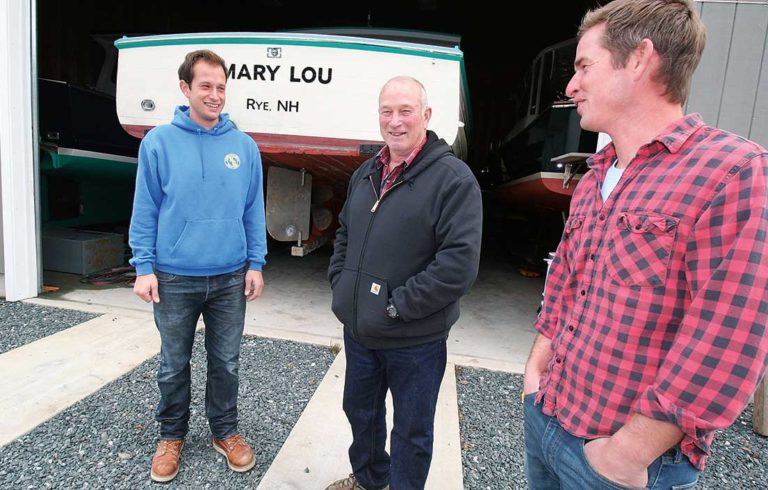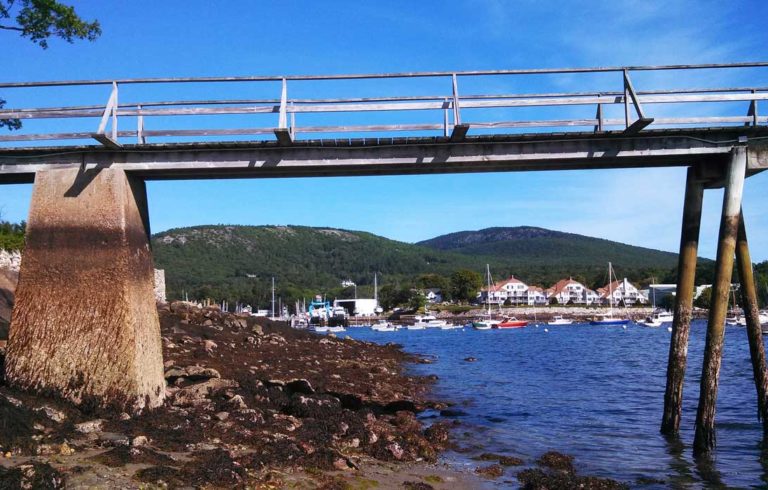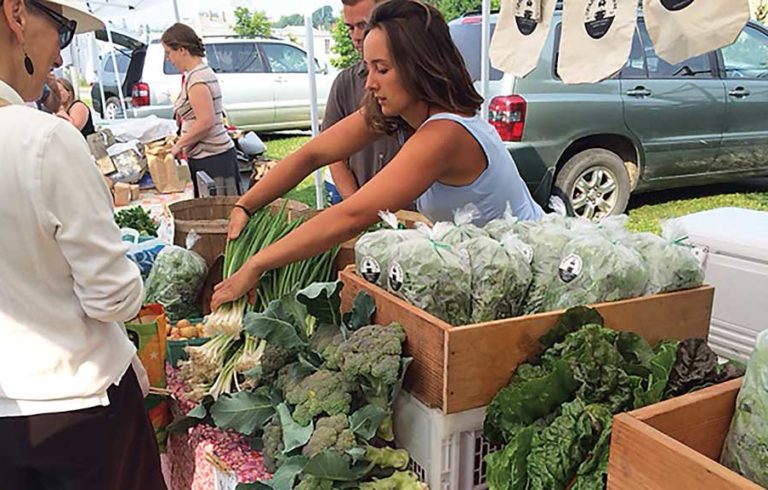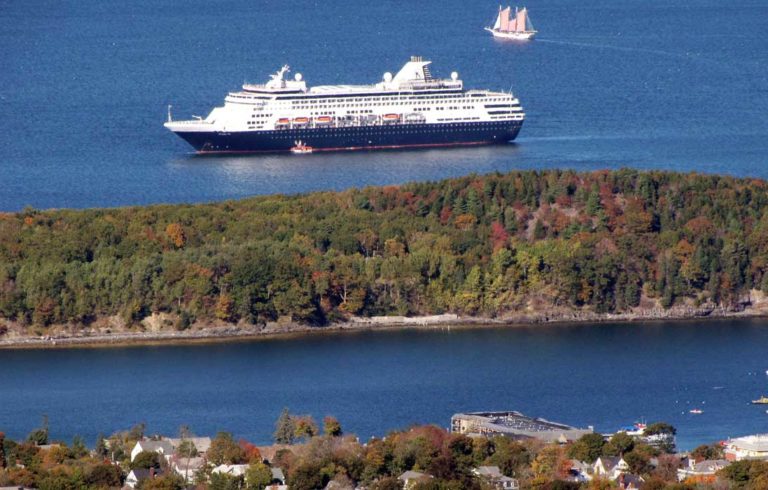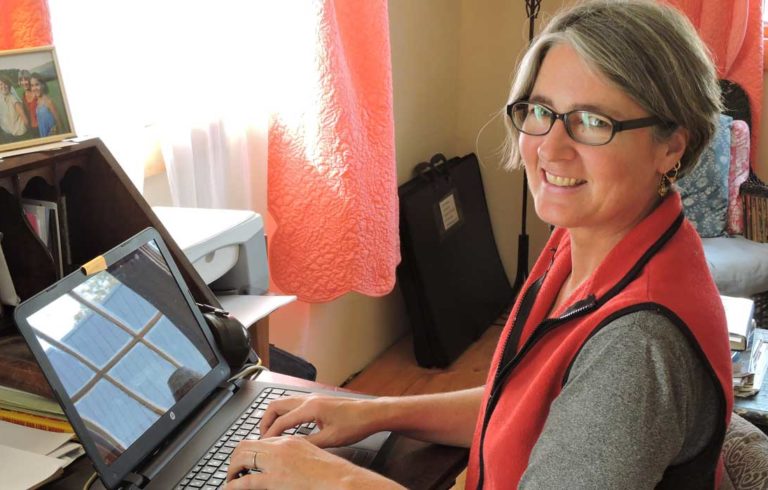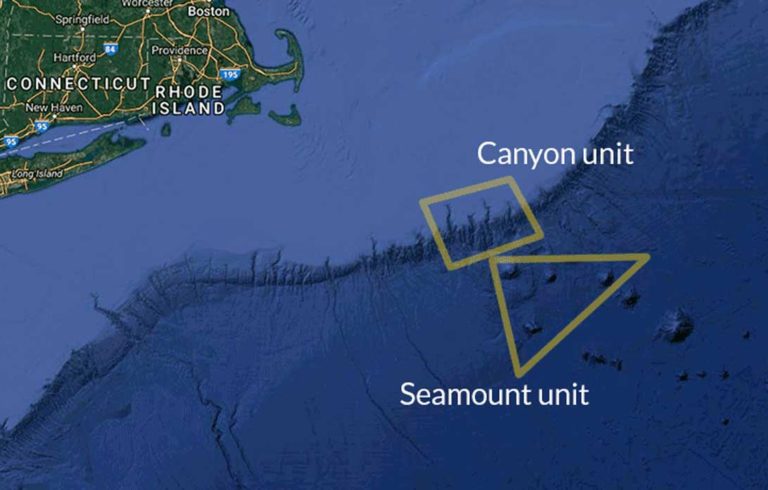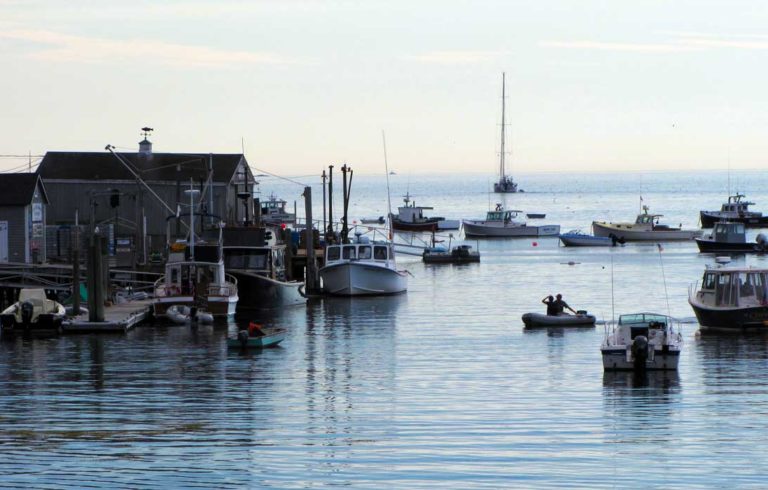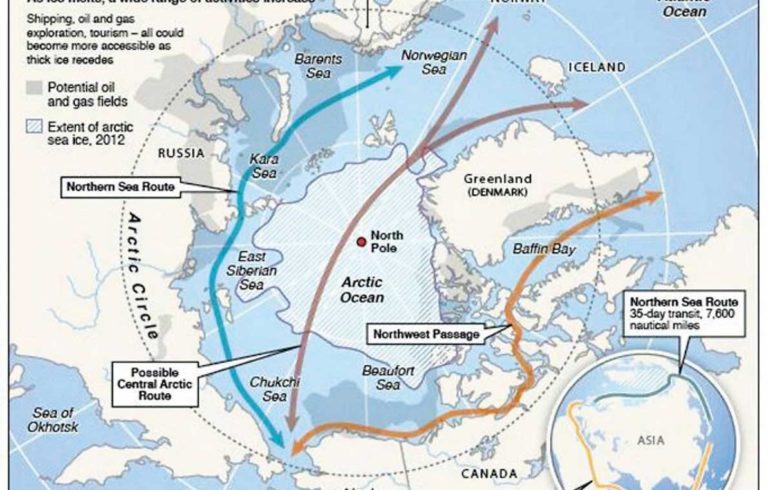Working Waterfront
Marine trades sector thriving by blending tradition, innovation
This is the first in a three-part series about the role boatbuilders and boatyards play in Maine’s coastal and island economy. In the early 1990s, Ed Gray was walking across the beach at Spurling Cove on Great Cranberry Island, and came across Jarvis Newman trying to jack up an old… SEE MORE

